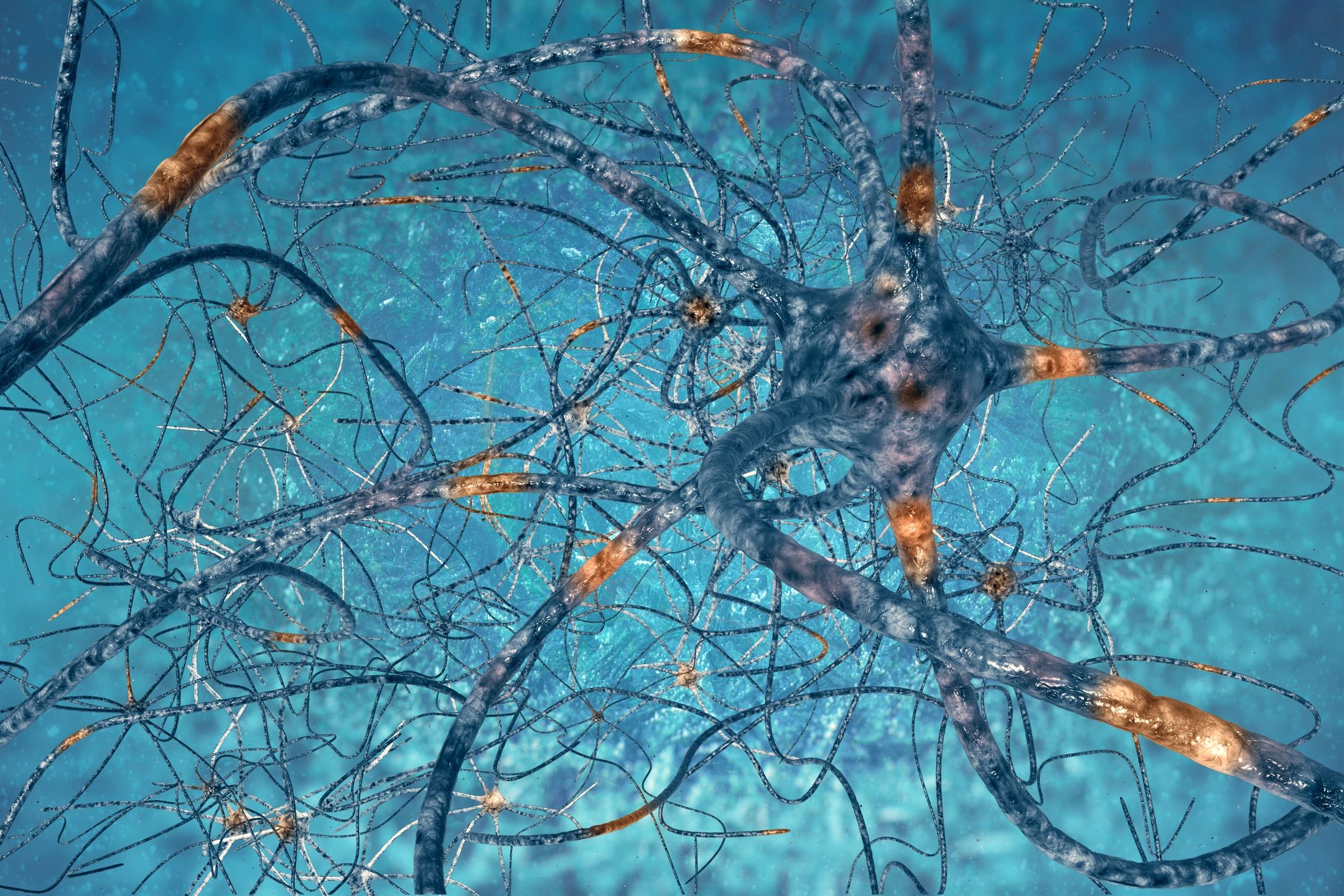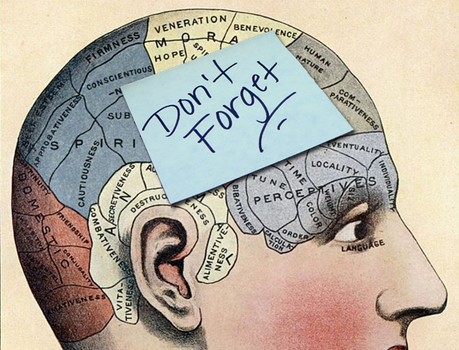by Nicole Crane, B.S., NTP
Chocolate is one of nature’s most powerful superfoods. But it’s benefits can be reversed when milk, cholesterol from milk solids and enormous amounts of refined sugars are added (i.e. the chocolate we all know and love!).
What is Cocoa?
Cocoa is chocolate in its natural form – without all of the additives – and it actually contains minerals and polyphenols similar to those found in wine that offers excellent antioxidant protection. Cocoa is a rich source of potassium, phosphorus, iron, magnesium, folate, niacin, choline and lutein.ii While cocoa itself is supremely healthy, after processing, alkalized sugar and dairyiv are added, drastically reducing its benefits.
Cocoa is rich in antioxidants, measuring an impressive 55,653 μ mol TE/100g on the ORAC (Oxygen Radical Absorbance Capacity) scalev . ORAC units are a measurement of the strength of antioxidants developed by the National Institute on Aging (NIA) at the National Institutes of Health (NIH). To put that in to perspective, on the ORAC scale, blackberries measure at 5905vi and brewed green tea measures at 1253.vii Cocoa is in the top 20 of the most powerful antioxidants that have been measured. It contains several powerful phytonutrients, which are the same components that give foods like green tea and berries their fantastic nutritional benefits.
The Benefits of Cocoa
Cocoa really shines when it comes to benefiting the heart and cardiovascular system.
Heart Health
Published in the European Heart Journal, researchers at the German Institute of Human Nutrition in Germany assessed the health and habits of 19,357 individuals aged 35 to 65 and evaluated their chocolate consumption for a period of at least ten years. The researchers found that those who ate cocoa-rich chocolate – an average of 7.5 grams a day – had lower blood pressure and a 39% lower risk of having a heart attack or stroke compared to those who ate the least amount.
Lead researcher, Dr. Brain Buijsse, a nutritional epidemiologist, reports that if people in the group eating the least amount of chocolate increased their intake by six grams a day, “85 fewer heart attacks and strokes per 10,000 people could be expected to occur over a ten year period.” Further, he claims that if the 39% lower risk is generalized to the entire population, “the number of avoidable heart attacks and strokes could be a higher percentage because the absolute risk in the general population is higher.”
Nitric oxide (NO), found in cocoa, allows blood vessels to remain wide open, which supports healthy blood flow. When the blood vessels remain open and blood flows freely, blood pressure often returns to normal levels. NO also makes blood less sticky and thick by supporting healthy platelet function, which also contributes to healthy blood pressure. ix A meta-analyses of 20 studies involving 856 mainly healthy participants showed that cocoa reduced blood pressure a statistically significant amount in as little as two weeks.x Healthy circulation is what keeps blood vessels healthy, flexible and strong, and brings oxygen and nutrients to every cell in the body. Considering we have 60-100,000 miles of blood vessels in our bodiesxi , circulation is such an important aspect of health to support.
Brain Health
The sweet satisfaction of cocoa does a lot more than just benefit the heart. The brain also seems to reap benefits from high flavinol cocoa. A part of the brain called the hippocampus is responsible for converting short term memories into long term memory storage. A special part of the hippocampus called the dentate gyrus is responsible for normal age-related cognitive decline, which occurs independent of Alzheimer’s disease or dementia. This superfood has been shown to support the health of the dentate gyrus, significantly improving memory. In a 2014 study published in the journal Nature Neuroscience, 37 healthy volunteers, ages 50 to 69, were randomized to receive either a high-flavanol diet (900 mg of flavanols a day) or a low-flavanol diet (10 mg of flavanols a day) for three months. At the beginning and end of the study, participants underwent brain imaging and memory tests. After three months, the high flavanol group had noticeable improvements in the function of the dentate gyrus. The researchers reported that participants who had the memory of a typical 60 year old at the beginning of the study now had the memory of a 30 or 40 year old after three months on high flavanol cocoa.xiii Who wouldn’t want to turn the clock back three decades to have the memory of a young person and the wisdom and experience of someone older? Incredibly, the cognitive benefits of cocoa do not end with memory and blood flow to the brain.
Many people might say that cocoa and chocolate makes them feel happy, but now there is hard evidence that cocoa can improve mood. The joy-boosting properties of cocoa can likely be attributed to flavinoids, which can make up 10% of the weight by volume of cocoa powder. A 2013 study published in the Journal of Psychopharmacology examined the effect of cocoa on mood, memory and attention. A group of 72 healthy participants who had no dementia or cardiovascular disease, were randomly assigned to receive a drink mix containing either 500 mg (high dose), 250 mg (low dose), or 0 mg (placebo) of cocoa polyphenols once daily for 30 days. Cocoa benefits on cognitive and mental health were measured before the study began and after one month. After thirty days of drinking cocoa there were significant improvements on certain aspects of mood, including calmness and content in the high flavinoid group.xiv The low and no flavinoid group did not experience the same mood-boosting effects, which were self-reported by the participants. What a wonderful way to put a smile on your face!
Questions about Cocoa? Leave us a comment below to join the conversation!







